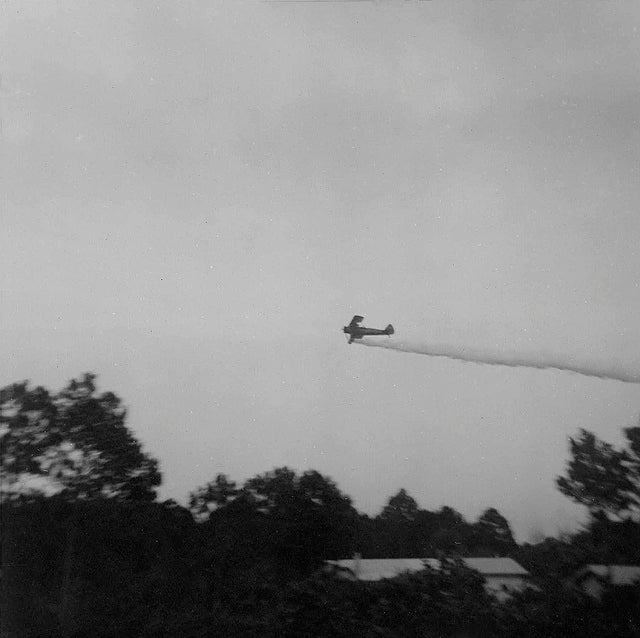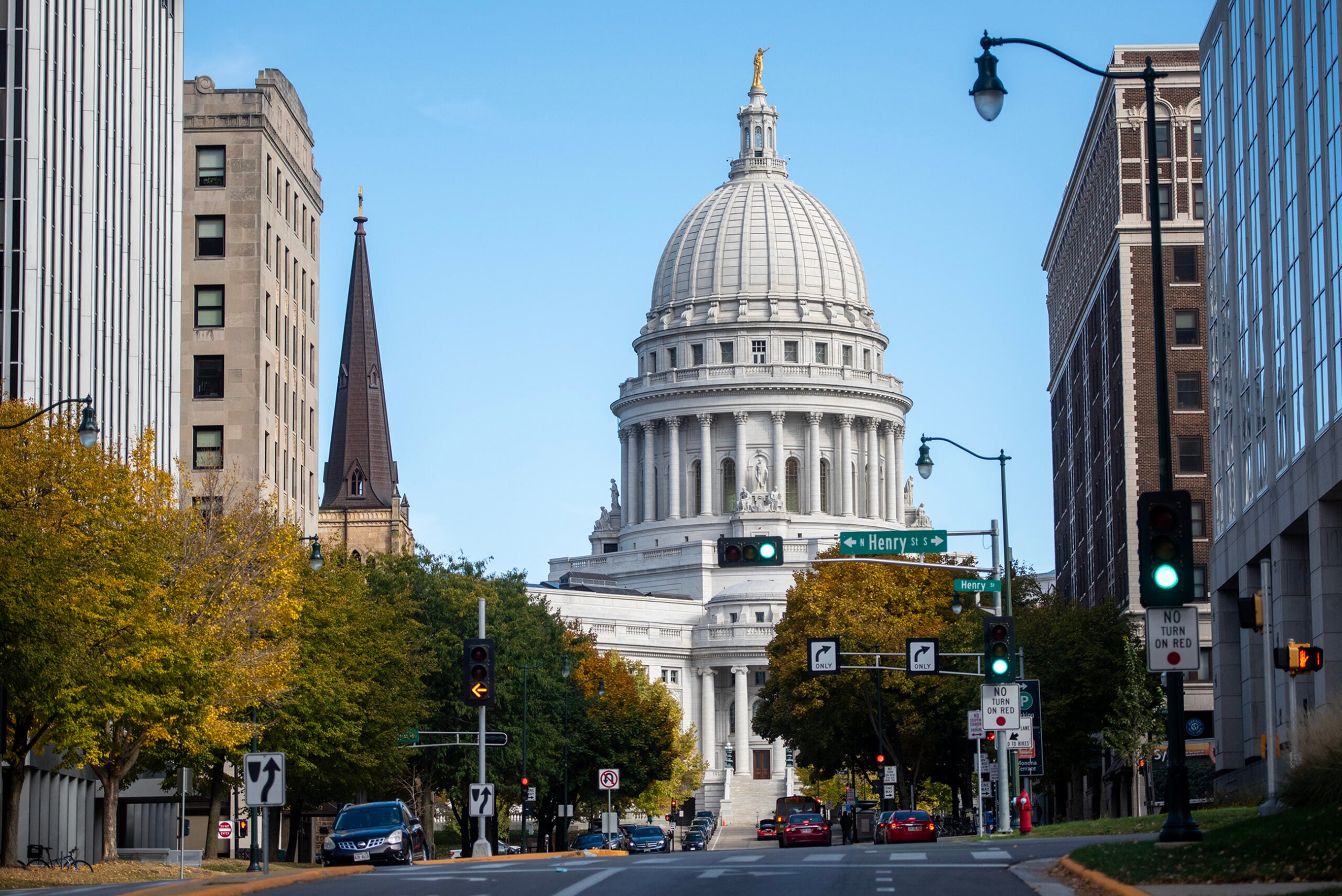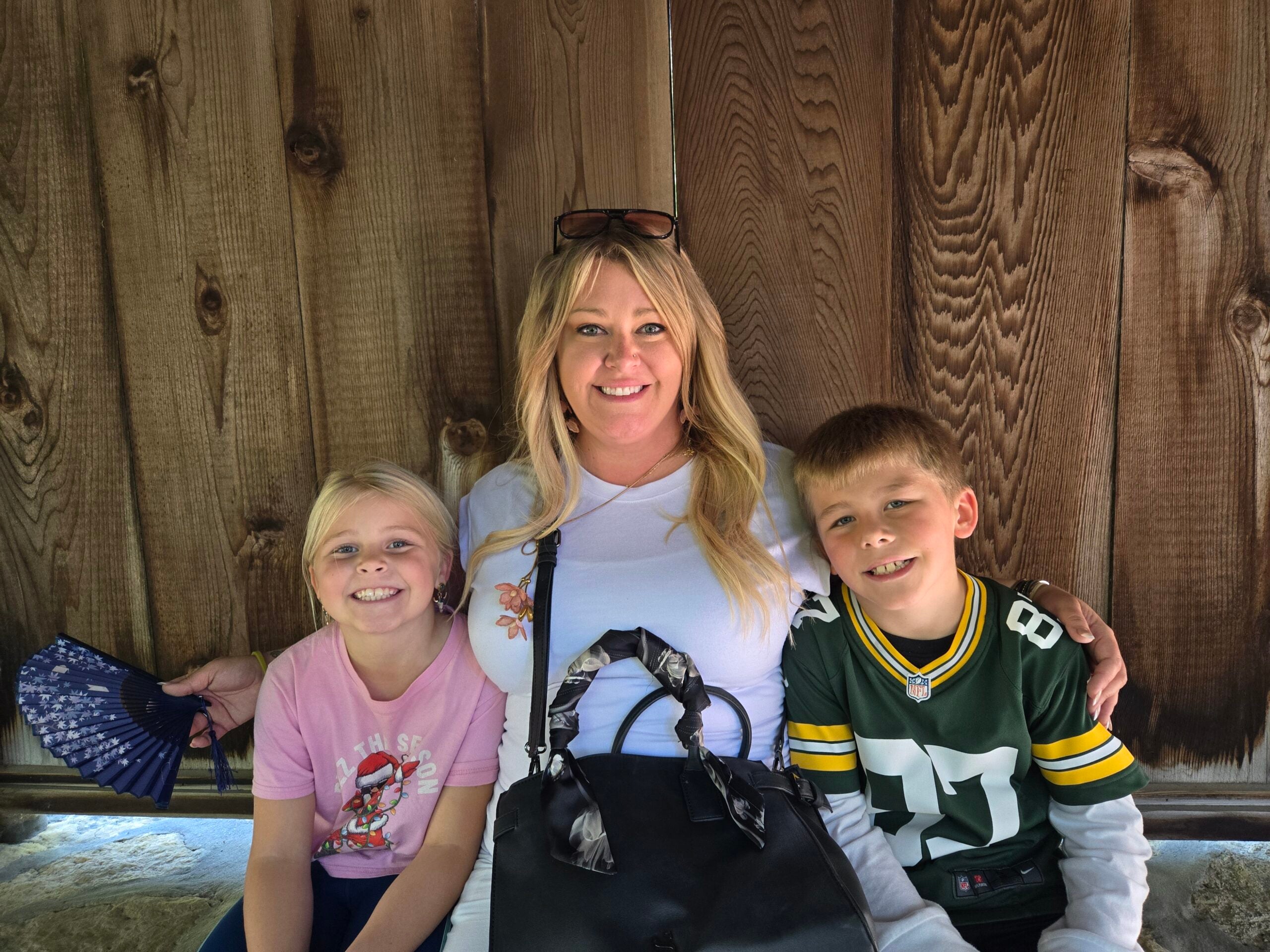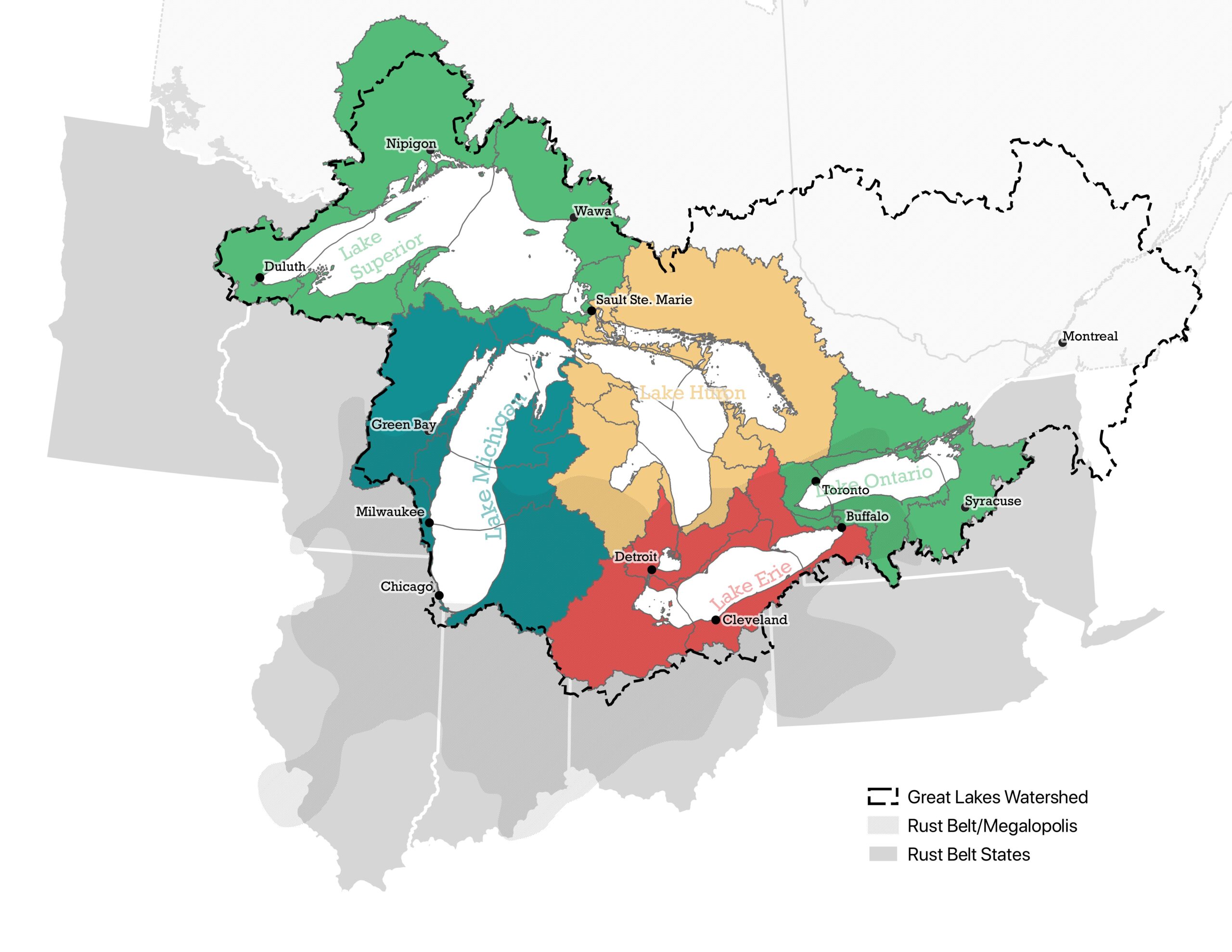A central Wisconsin author believes the story of how the state banned the chemical DDT, in which ordinary citizens defeated powerful interests despite a lack of money or influence, is relevant to a new generation.
Conservation writer Bill Berry remembers growing up in Green Bay, when the trucks would fill the air in his neighborhood with clouds of toxic vapor.
“It was kind of an eerie scene, really,” Berry recalled. “The yellow lights would be flashing, and there would be a guy on a portable PA system telling you to go inside, and thousands of birds had congregated in these trees, making the most god-awful noise I think I ever heard in my life.”
News with a little more humanity
WPR’s “Wisconsin Today” newsletter keeps you connected to the state you love without feeling overwhelmed. No paywall. No agenda. No corporate filter.
The memory stuck with Berry, and inspired him to write “Banning DDT: How Citizen Activists in Wisconsin Led the Way.” Berry recounts the long, legislative hearing that put the bird killing pesticide on trial in Madison in the late ’60s.
“They had a lot of help from citizen volunteers who put up scientists in their homes, fed them, prepared documents, set up typing pools – a whole array of things which basically were done with very little money at all,” he said. “I think the key was the chemical industry underestimated these people.”
Despite well-heeled opposition from the industry and big agriculture, Wisconsin lawmakers, Democrat and Republican, banned DDT in January of 1970. A national ban followed in 1972.
Bill Berry says he hopes young people learn from his book.
“I think it’s an important story to remind citizens right now that even though you may not have a lot of money or a lot of influence, you can make a difference,” he said. “I think it would help young people sort of not be agnostic about the future of this country.”
Wisconsin Public Radio, © Copyright 2025, Board of Regents of the University of Wisconsin System and Wisconsin Educational Communications Board.







